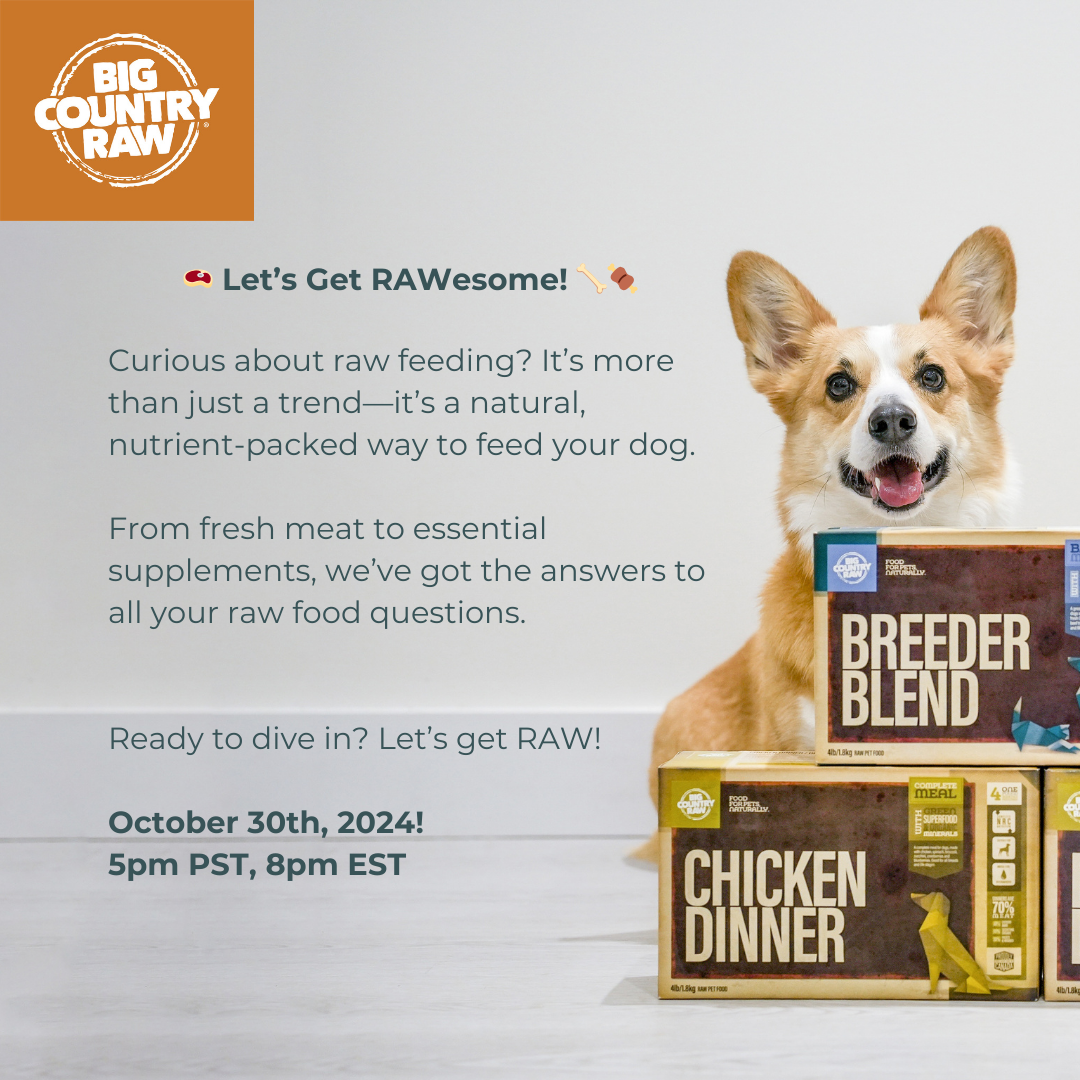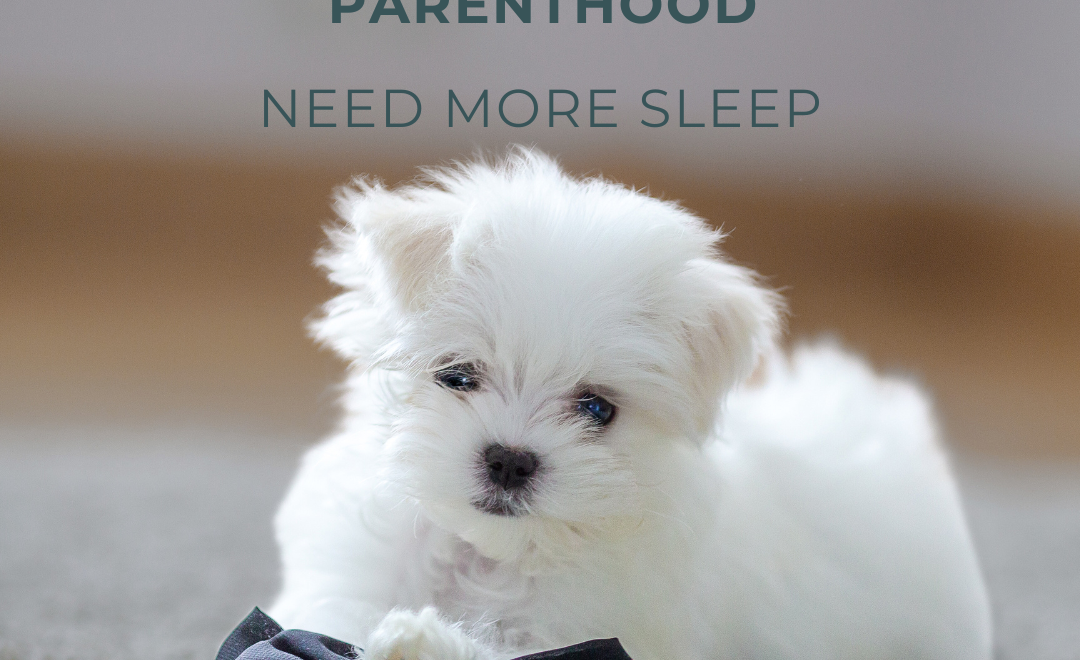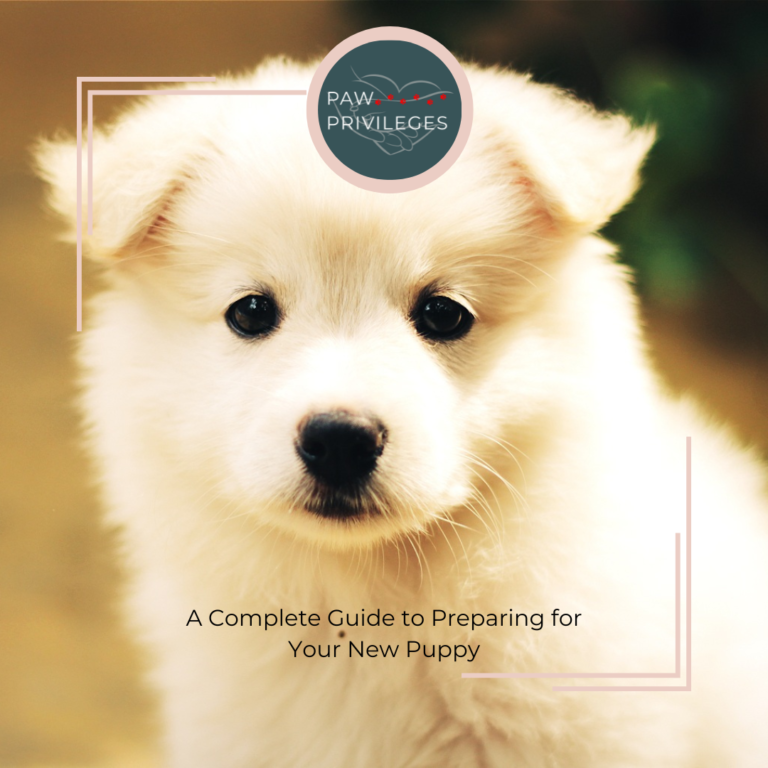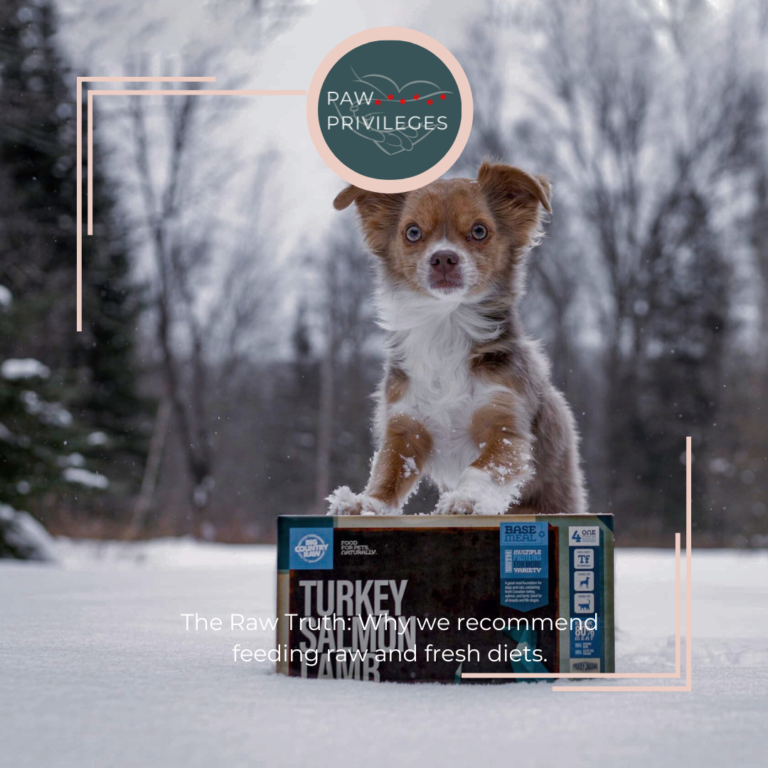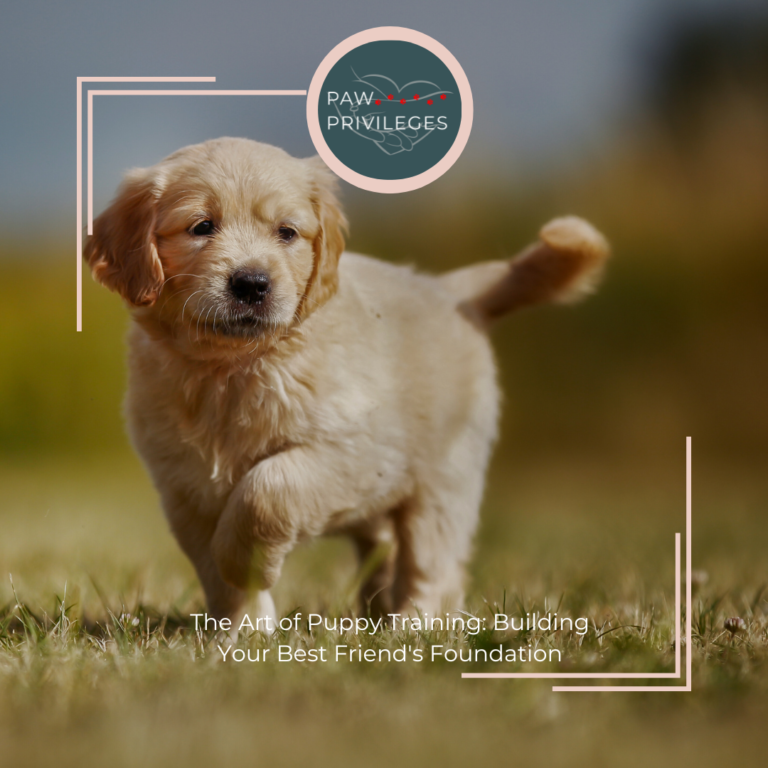Welcome to Puppy Parenthood.
Welcome to Puppy Parenthood
Introduction to Puppy Care
Bringing a new puppy into your home is an exciting and transformative experience. As a new puppy parent, you’re not just welcoming a pet but a new family member who will rely on you for guidance, care, and love. Understanding the basics of puppy care is crucial to setting a strong foundation for your puppy’s growth, health, and behavior.
Caring for a puppy involves meeting their physical, emotional, and social needs. This includes proper nutrition, regular health checkups, safe and enriching environments, and training to help them grow into well-behaved adult dogs. The goal is to ensure your puppy feels safe, loved, and understood as they navigate their new world with you.
Understanding Your Puppy’s Development Stages
Puppies go through several key developmental stages that will shape their temperament, behavior, and physical health. Understanding these stages will help you provide the right support at each phase of their growth.
- Neonatal Stage (0-2 weeks): At this stage, puppies are highly dependent on their mother for warmth and nourishment. Their eyes and ears are closed, and their mobility is limited.
- Transitional Stage (2-4 weeks): Puppies begin opening their eyes and ears, start standing, and may show early signs of social interaction with their littermates.
- Socialization Stage (4-12 weeks): This is one of the most important stages for a puppy’s development. They are now exploring the world and learning from interactions with humans and other animals. It’s crucial to expose them to various environments, sounds, and gentle handling to foster confidence and sociability.
- Juvenile Stage (3-6 months): Puppies grow rapidly during this period, both physically and mentally. They become more independent and may start testing boundaries. This is a prime time for continued socialization and training.
- Adolescence (6-12 months): Like human teenagers, adolescent puppies can be a bit rebellious as they test limits. This stage requires patience and consistency in training to ensure they transition smoothly into adulthood.
Bringing Your Puppy Home: The First 48 Hours
The first two days with your new puppy are pivotal in helping them adjust to their new environment. It’s important to approach this period with patience and care to ease any anxiety they may feel in their unfamiliar surroundings.
- Prepare Your Home: Before bringing your puppy home, make sure you’ve created a safe and comfortable space for them. Puppy-proof the areas they’ll explore, and set up a designated spot with their crate, bed, toys, and water.
- Limit New Experiences: While it’s tempting to show off your new puppy to friends and family, it’s best to limit their exposure to new people and environments initially. Give your puppy time to get used to their immediate surroundings and your family members first.
- Establish a Routine: Puppies thrive on routine. From day one, establish a feeding, potty, and play schedule. This helps your puppy understand what to expect and reduces stress during their transition.
- Potty Training Starts Now: Begin potty training as soon as your puppy arrives home. Take them outside frequently, especially after naps, meals, and play sessions. Positive reinforcement is key—praise and treat them when they go potty in the right place.
- Nighttime Routine: The first night may be challenging as your puppy adjusts to being away from their littermates. Ensure their sleeping area is cozy and close to you if possible, so they don’t feel isolated. A ticking clock or a warm blanket can provide comfort.
Bonding and Building Trust
Building a strong bond with your puppy is crucial for establishing trust and setting the stage for a lifelong, positive relationship. Trust is developed through consistency, care, and spending quality time together.
- Spend Time Together: Engage in gentle play, training sessions, and cuddle time. The more time you spend interacting with your puppy, the stronger your bond will become.
- Positive Reinforcement: Reinforce good behavior with praise and treats. Avoid punishment, as it can lead to fear or distrust. Instead, focus on rewarding your puppy when they do something right, whether it’s sitting on command or going potty in the correct spot.
- Physical Affection: Puppies respond well to physical affection, such as petting, gentle massages, and belly rubs. This not only strengthens your bond but also helps them feel secure and loved.
- Consistency in Training: Trust is built when your puppy knows what to expect. Be consistent in your commands, routines, and rules. Over time, this consistency will help them feel confident in their place in your home.
- Respect Your Puppy’s Boundaries: Puppies can become overwhelmed, especially in new environments. Allow them space to explore at their own pace, and don’t force interactions if they seem anxious. Respecting their boundaries will foster trust and confidence.









